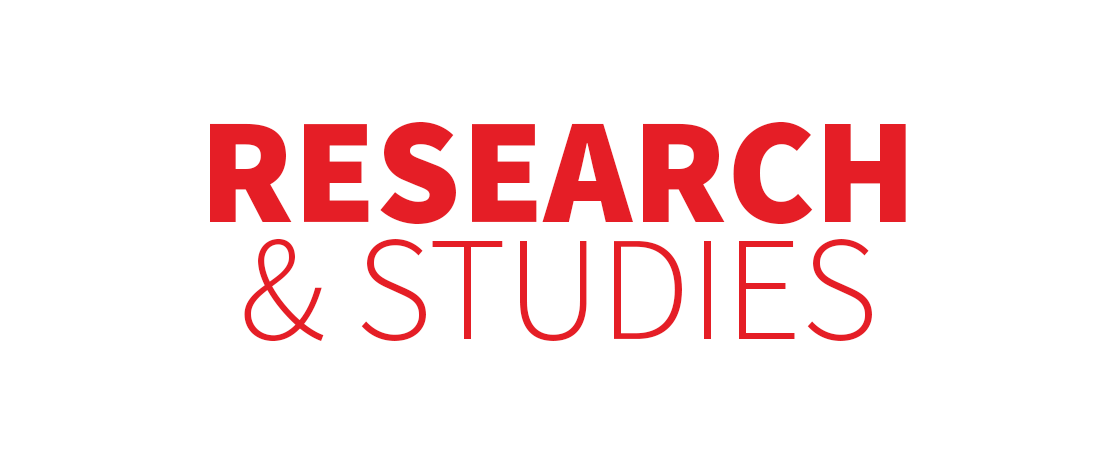
Self-sufficient agricultural schools: The case of Fundación Paraguaya
Authors: Hinah Espejo Mian and Georgia Thorne
This case study analyses the self-sufficient school financing model for technical and vocational education pioneered by the non-profit social enterprise Fundación Paraguaya (FP). Specifically, it focuses on Escuela Agricola San Francisco (EASF) in Cerrito, Paraguay, which five years after its launch in 2002, had become the world’s first self-sufficient rural agricultural high school (Maak & Stoetter, 2012). The initial financing for EASF drew upon operational synergies, blending grants with revenue from FP’s microfinance programme. In a second stage, it became a revenue generating and self-sustaining model through the provision of agricultural goods and services.
FP has self-sufficient agricultural schools (SAS) in 18 countries serving 3,000 students (HundrED, 2022). They are designed to address the lack of affordable quality and relevant education for rural youth and in Paraguay alone, the four SAS have successfully produced 97 rural entrepreneurs with many of these students going on to pursue higher education (Fundación Paraguaya, n.d.).
